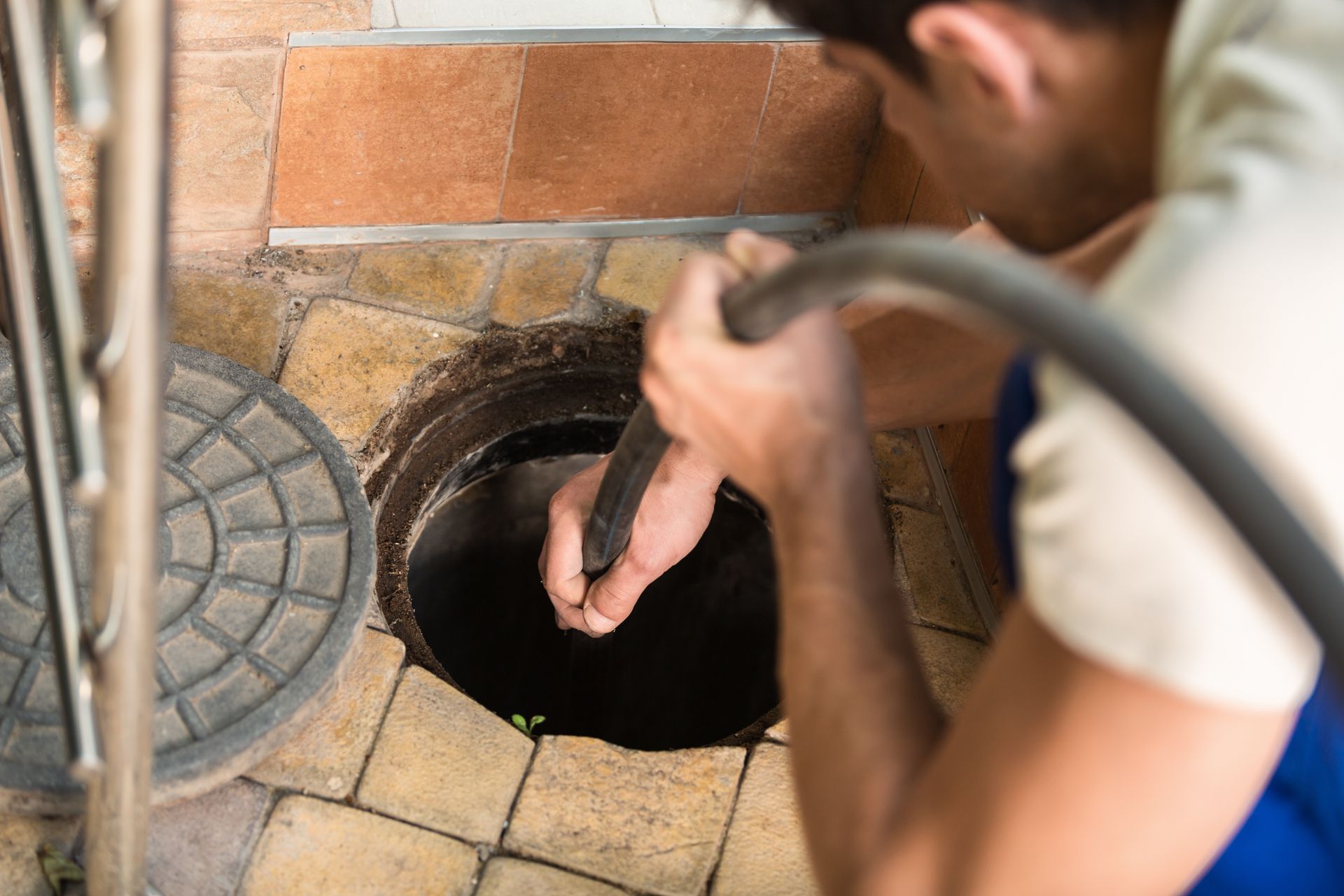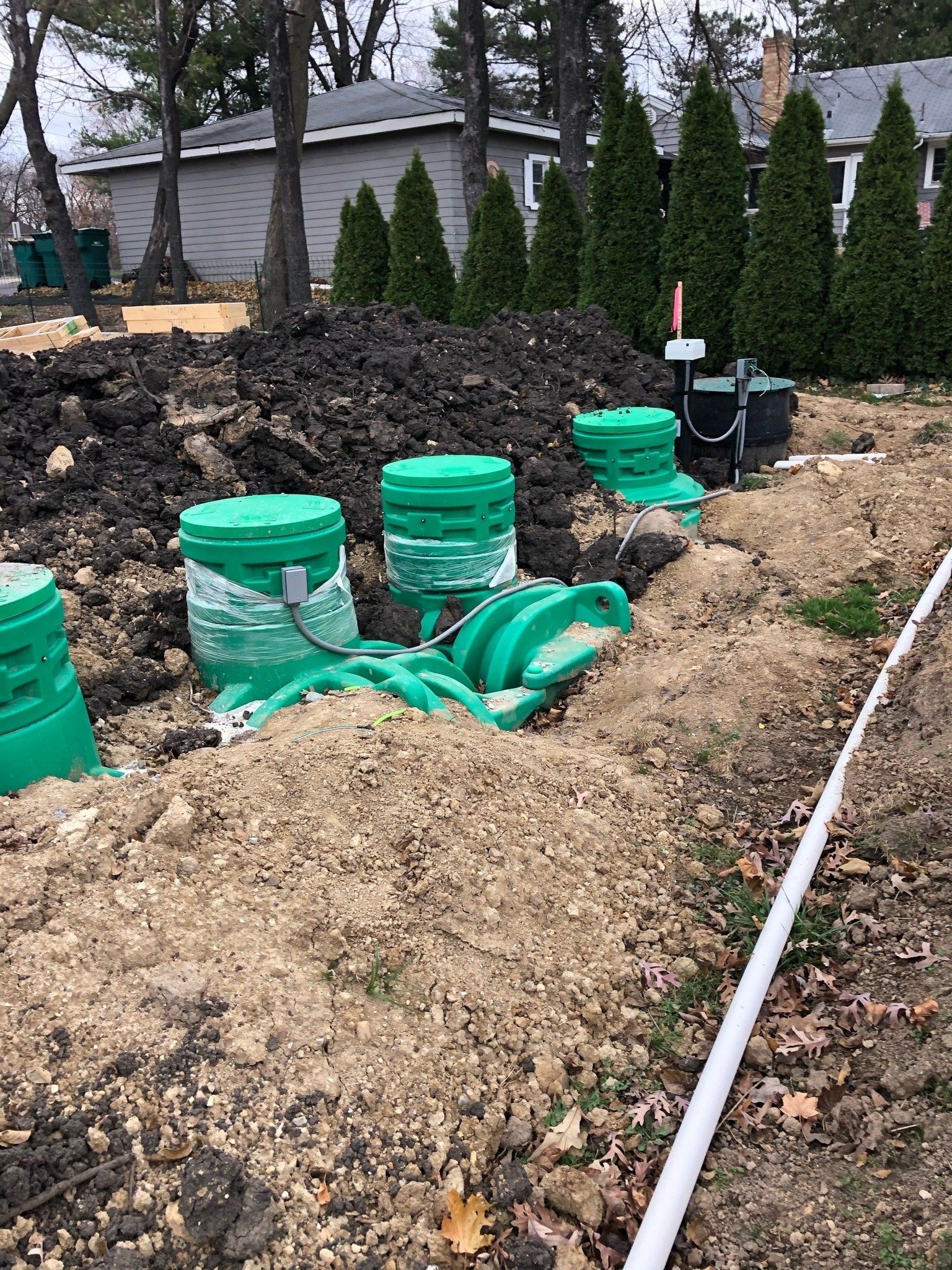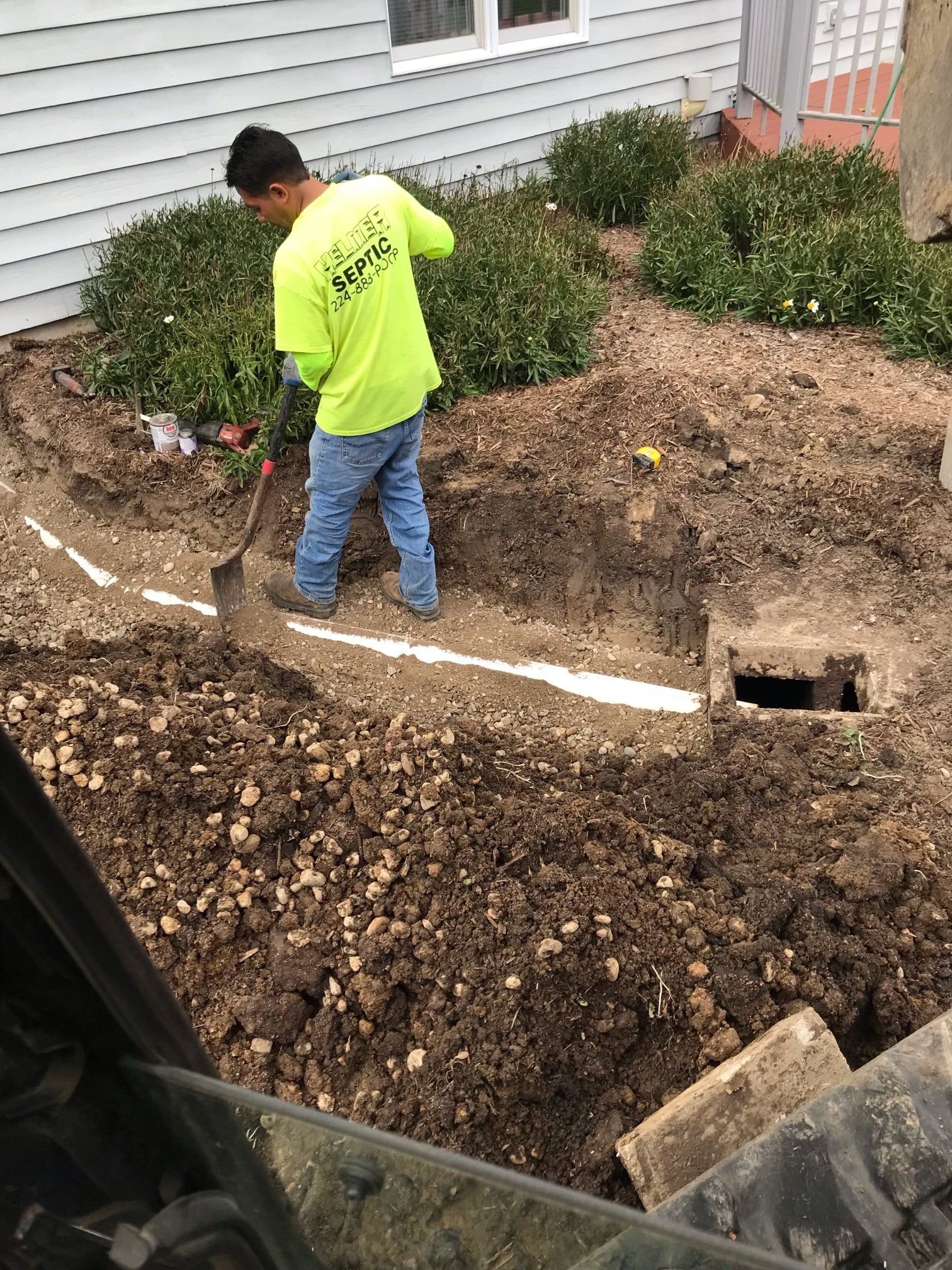As nature awakens with the arrival of spring, so too does the potential for weather-related challenges, including heavy rainfall. While spring showers bring vitality to the environment, they can also pose risks to septic systems if homeowners aren't vigilant. In this blog post, we'll explore how spring rain can affect septic systems and provide actionable tips to safeguard your system during this season of renewal.
- Increased Hydraulic Load: Spring rainstorms can significantly increase the hydraulic load on your septic system. The influx of water saturates the soil, reducing its ability to absorb wastewater efficiently. As a result, your septic tank may become overwhelmed, leading to backups, sluggish drainage, or even system failure. Be mindful of prolonged periods of rain and take proactive measures to alleviate the strain on your septic system.
- Elevated Groundwater Levels: Excessive rainfall can elevate groundwater levels, affecting the performance of your septic system. When the water table rises, it puts pressure on the system's drainage field, impeding the proper disposal of treated effluent. This can lead to surfacing of effluent, foul odors, and potential contamination of nearby water sources. Monitoring groundwater levels and addressing any issues promptly is crucial to maintaining the integrity of your septic system.
- Soil Saturation and Compaction: Spring rain can cause soil saturation and compaction, particularly in areas with heavy clay or poorly draining soils. Saturated soil impedes the percolation of wastewater from the drain field, leading to backups and system malfunctions. Additionally, heavy equipment or vehicles traversing waterlogged soil can compact the ground, further compromising the performance of your septic system. Minimize traffic on the drain field during wet conditions to prevent soil compaction and ensure proper drainage.
- Erosion and Surface Runoff: Intense spring rainstorms can trigger erosion and surface runoff, posing risks to the integrity of your septic system. Runoff carrying sediment, debris, and contaminants can infiltrate the soil near the septic tank and drain field, potentially clogging pipes and compromising water quality. Implement erosion control measures such as vegetative buffers, mulching, or grading to mitigate runoff and protect your septic system from environmental harm.
- Maintenance and Inspection: Spring is an opportune time to assess the condition of your septic system and address any issues exacerbated by seasonal weather patterns. Schedule a professional inspection to evaluate the tank, drain field, and components for signs of damage, leaks, or saturation. Consider pumping the septic tank if it's nearing capacity to prevent overflows during periods of heavy rain. Regular maintenance and timely repairs are essential for ensuring the resilience of your septic system year-round.
While spring rain rejuvenates the landscape, it also presents challenges for septic system owners. By understanding the potential impacts of spring weather on your septic system and implementing proactive measures, you can mitigate risks and preserve the functionality of your wastewater treatment system. Stay vigilant, prioritize maintenance, and take proactive steps to safeguard your septic system against the seasonal fluctuations brought by spring rain.




